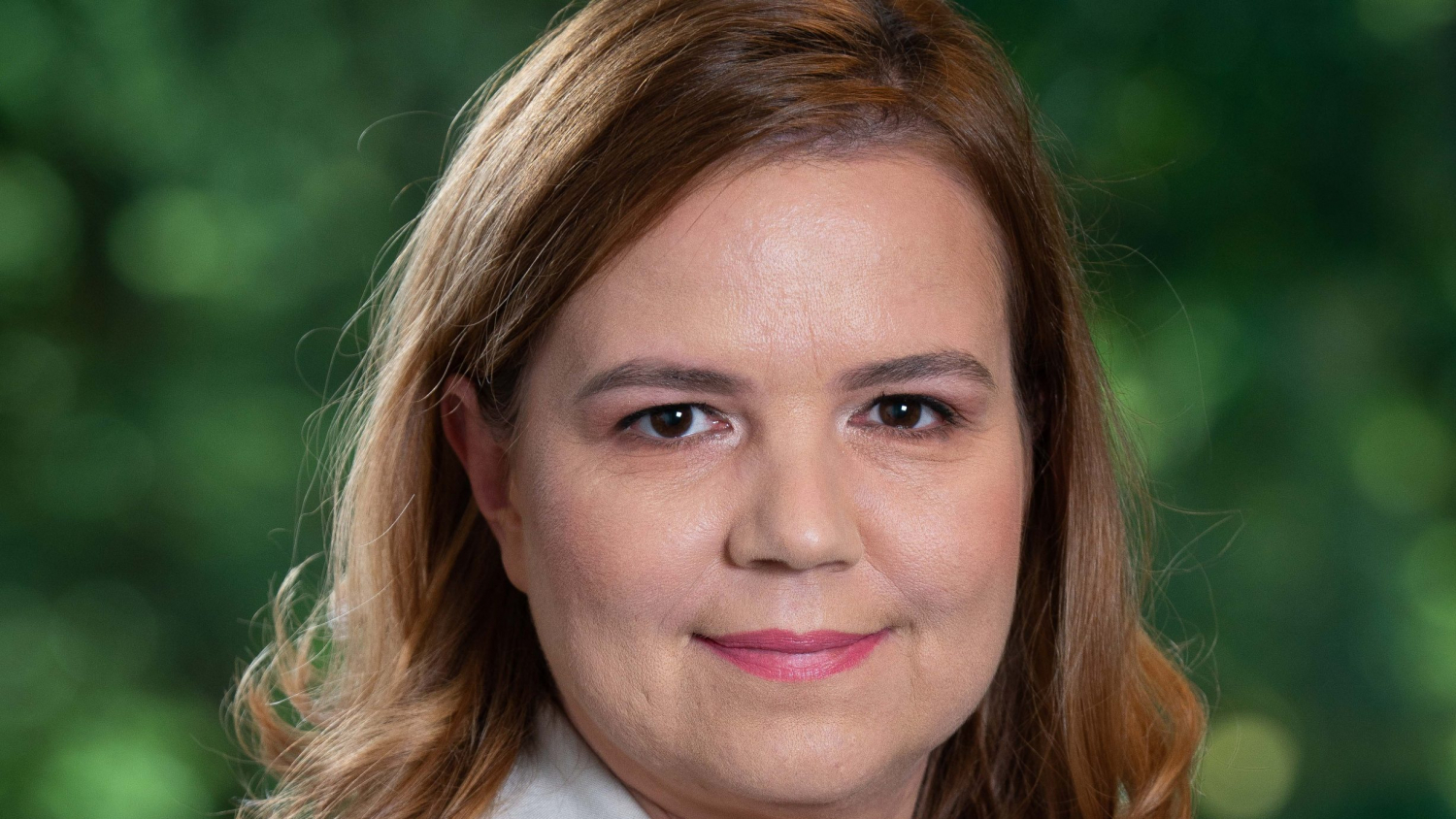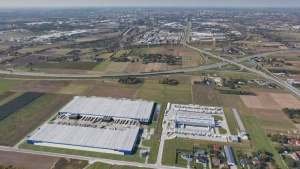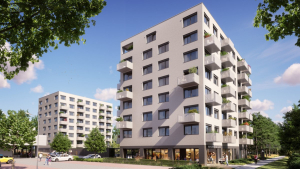
Daniela Lazea, Partner and Co-Head of Real Estate at Romanian law firm Biriș Goran, spoke to Property Forum about Romania’s potential to become a relocation base for companies in the region and the real estate market’s ability to surpass €1 billion transactions in 2022.
This interview was first published in Property Forum’s annual listing of "The 50 most influential people on Romania’s real estate market”.
What does Biriș Goran’s real estate client portfolio look like at the moment and has it changed compared to the same period last year?
Biriș Goran’s portfolio continues to be an interesting mix of domestic and international investors, both from the European Union and beyond. We have not noticed a substantial change in the share of the categories in our portfolio. The roughly 50-50 split remains the same as in recent years.
Which segments of real estate generate the highest volume of business for Biriș Goran and how will the situation evolve until the end of the year?
Biriș Goran’s clients are mainly interested in logistics and residential projects. But there are also extremely active green energy clients who are currently involved in major facility acquisitions and development. The crisis in Ukraine, the semiconductor crisis, rising energy and raw material prices as well as the inflationary trend have influenced and are still influencing project deadlines, budgets and other operational aspects of investments. However, we do not see a decrease in transaction volumes for the time being.
What is the impact of the Ukraine crisis on the Romanian real estate investment market? Have any transactions been delayed because of this?
We have not had any delayed transactions due to the crisis in Ukraine. Instead, we have observed changes especially in the negotiation of contracts of lease. Contractors are increasingly reluctant to accept clear deadlines for the delivery of materials and equipment to the site, creating some uncertainty about the final delivery date of projects. In addition, the accelerated increase in the price of construction materials has negatively impacted the predictability of investment budgets committed by investors.
How do you think the high inflationary environment coupled with rising interest rates will affect investor appetite for real estate?
On this topic, market analysis and financial and economic data is generally looked at very carefully by investors, whether they are already active in the Romanian market or are considering entering the Romanian market. Investors in real estate projects are a special type of investor, paying close attention to the many factors that can affect the success of the business, both financial, legislative, and political. The analyses that underlie an investment decision in the real estate sector are thorough and, most of the time, exhaustive.
Since the beginning of the year, a 5% VAT rate has been applied to homes worth up to €140,000. Could this stimulate the development of new residential projects?
The reduced VAT rate is a measure that in principle should make it easier to buy houses and stimulate the residential market. This is likely to happen, but we believe that this will happen mainly outside Bucharest. We see a lot of attention from clients for investments in the area around Bucharest as well as in several other large cities in Romania.
What is the current urban zoning plan (PUZ) situation that investors should be aware of?
Investors planning to invest in a real estate project in Bucharest should first of all arm themselves with a lot of patience. There is a great deal of uncertainty about the deadlines for approving urban planning documents and authorising construction works, and because of the legal uncertainty generated by the PUZ situation in the capital. In this context, we cannot fail to notice a relative stagnation in the appetite for investment, particularly in the residential sector. Therefore, we cannot but think that in 2-3 years time, when the current stock of apartments for sale or under construction will be exhausted, we could see a limited supply of new developments available. What have been the most complex cases you have handled for real estate clients in the past year? The most complex situations to resolve in recent transactions have revolved around legal compliance issues for planning matters, building permits or PSI. Further these elements influence the dynamics, conditions and timing of transactions. For this reason, understanding the technical aspects and subsequently negotiating and translating them into transaction documents is very important to us. How important is the economic growth indicator for foreign investors taking their first step in the Romanian real estate sector? In a normal situation, economic growth would be one of the important factors for a foreign investor to choose the Romanian market.
However, we cannot disregard the general situation – not only in Romania – regarding the falls in economic growth indicators present in other countries or the forecasts of international economic organisations, partly due to the crisis in Ukraine. We will see to what extent we will have sustained economic growth, which will attract the attention of foreign investors. However, Romania could also benefit from a trend towards the relocation of investors from areas affected by various factors such as conflicts or the breakdown of supply chains.
Could Romania see more than €1 billion in investment deals this year?
We do not rule out investments of over €1 billion in 2022. We are still at the beginning of the year and we do not see any obvious signs of investment stagnation at the moment. So there are positive signals in this respect.
Have you noticed an acceleration of projects with a sustainability component at market level and within your own portfolio? How do you address the ESG topic at company level?
Sustainability is a hot topic in the real estate industry. More than 70% of the office space lessees want their employees to benefit from a decent and sustainable workplace, and express this as a number of criteria – carbon footprint, energy consumption, alternative constructive solutions, air flow quality – when they look for their new business place to be rented. In their turn, our real estate clients – developers, investors – are extremely receptive to the importance of the sustainable factor when deciding upon their projects.
Also, the financial institutions supporting investors in the real estate field do come with real, tangible incentives for those who develop sustainable projects, with better lending propositions and terms of engagement. At Biriș Goran we fully support and inform our clients on their sustainable projects in order to help make the most of the environmental and governance purposes they will attain. We are fully aware we operate in an ecosystem of mutual consequences, and we do our best to direct the businesses we assist towards a more socially responsible, environmentally friendly outcome.



